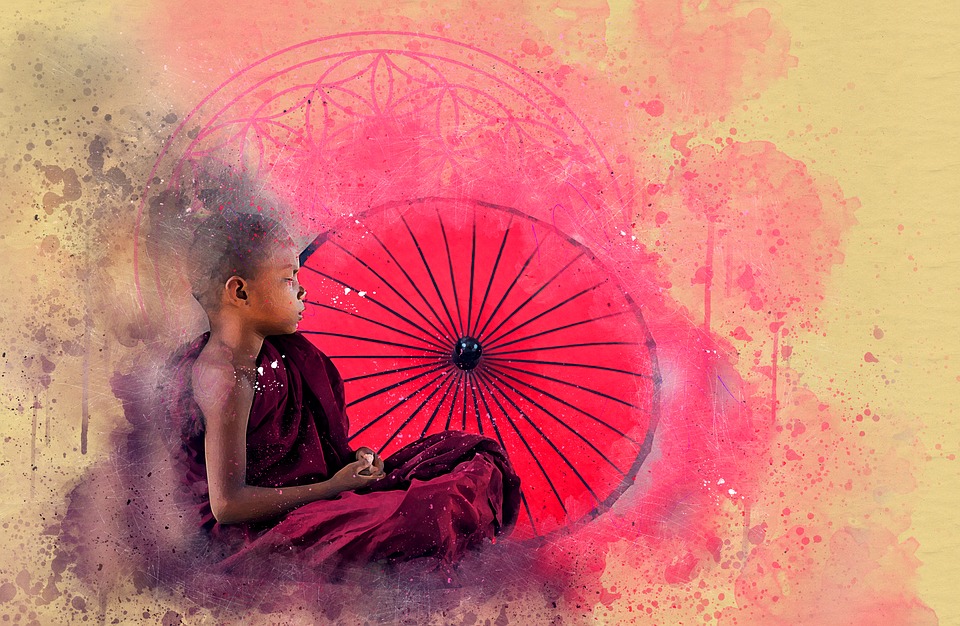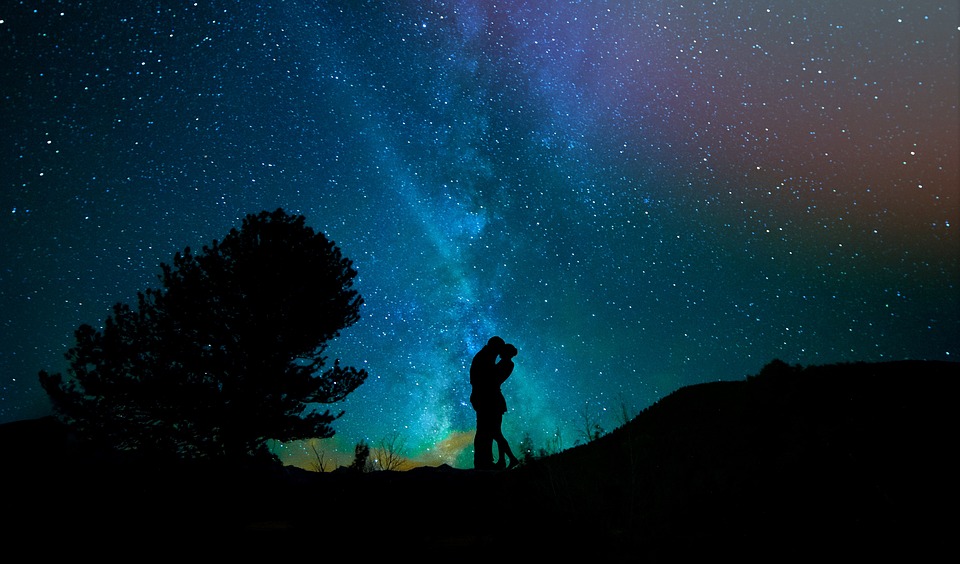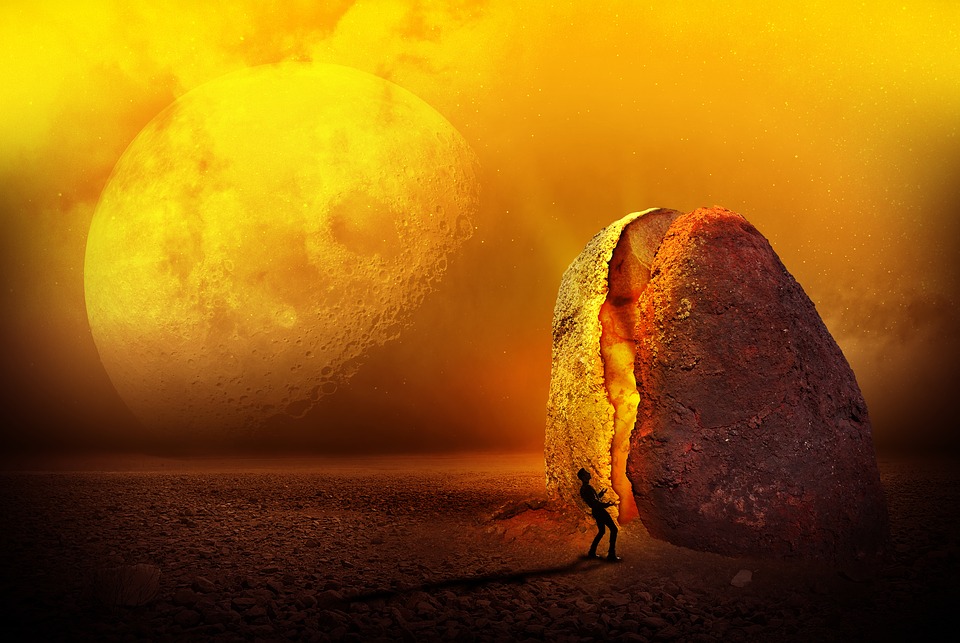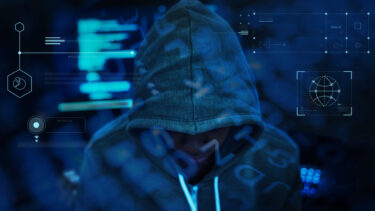Virtual Reality is blazing new frontiers in the exploration of consciousness by adding whole new dimensions to the notion of what is real.
“We will see in the near future extremely effective machines using modern technology to alter consciousness; some of them, including the virtual reality technology, are already quite advanced.” – Stanislav Grof
Similar to the psychedelic experience, Virtual Reality is opening new paths towards mystical experiences like those that have inspired the world’s greatest religions.
Through this powerful technology, we are closer than ever to being able to enter altered states of consciousness by being immersed in a realm where time travel is possible, where fantastical landscapes capture our imaginations, and where we can prepare ourselves for the next great adventure after this life.
Read More: Microsoft Predicts Terence McKenna’s Cyberdelic Vision of Virtual Reality
According to Dr. Stanislav Grof, a pioneer in transpersonal psychology and psychedelic research since the 1960s and whom I’ll be quoting throughout this article, “The menacing specter of death that we harbor in our unconscious interferes with our everyday existence and makes our life in many ways inauthentic. In technological societies, the predominant reactions to the situation are massive denial and avoidance that are in their consequences destructive and self-destructive on an individual as well as a collective level.”
How can Virtual Reality show us another way of looking at death – one that puts us not in denial or avoidance, but one that helps us accept and embrace our own mortality?
Using Virtual Reality to Prepare for death

“The man who dies before he dies, does not die when he dies.” – Abraham a Sancta Clara, 17th century German Monk.
Harvard Divinity School reported that researchers were using “consciousness hacking” through a VR app called “When We Die” to prepare people for what happens when they shuffle off this mortal coil.
According to one of the app’s developers, Paula Ceballos, “Aging, death, and mortality are not topics that are openly spoken about in western cultures, so it’s [the app] addressing that, making it top of mind, and making you comfortable in the discomfort of mortality and dying.”
Ceballos touched upon a key theme which corroborates both ancient teachings and modern psychedelic research as it relates to what it means to prepare for one’s own death.
Separating oneself from the ego, or separating the desires of the body from the mind, is an important step towards a living a fulfilling life without the fear of death.
To experience the loss of the ego is like experiencing death in that it is the end of how you perceive yourself in this reality we call life – the death of the idea of the self as being different from everything else in the cosmos.
This notion of death before dying led Grof to write in his 1998 book The Cosmic Game: Explorations of the Frontiers of Human Consciousness:
“The experience of pyschospirtual death and rebirth is a major step in the direction of the weakening of our identification with the ‘skin-encapsulated ego’ and reconnecting with the transcendental domain. We feel redeemed, liberated, and blessed and have a new awareness of our divine nature and cosmic status. We also typically experience a strong surge of positive emotions towards ourselves, other people, nature, God, and existence in general. We are filled with optimism and have a sense of emotional and physical well-being.”
With Virtual Reality, we are now able to step outside our own bodies and experience a realm completely separated from waking life. The key word here is “experience” because one has to experience this virtual reality, not just study it, in order to grasp what if fully entails. You can’t fully describe in words the scent of a rose to one who cannot smell.
In VR, our identity with ourselves is suspended, like in a dream, where we can take off and fly to uncharted territories which gives us insight into new perspectives never before imagined.
Read More: Terence Mckenna’s ‘cyberdelic’ predictions for Virtual Reality 25 years on
It can even be argued that what we call reality is a form of virtual reality – what the Hindu mystics called “maya” or illusion – and we are both actors and directors in this celestial drama.
As Grof said, “The virtual reality simulating a material universe is worked out with such an acute sense for miniscule detail that the result is absolutely convincing and believable. The units of consciousness cast as the protagonists in the countless roles of this play of plays get entangled and caught in the complex and intricate web of its illusionary magic.”
Virtual Reality can induce lucid dreaming

“If we accept that the material universe as we know it is not a mechanical system but a virtual reality created by absolute consciousness through an infinity complex orchestration of experiences, what are the practical consequences of this insight?” – Stanislav Grof
The extent to which Virtual Reality can be used in exploring consciousness leads researchers to suggest that VR can affect our dreams to point of lucidity.
Lucid dreams are dreams where you realize you are dreaming. It’s like waking up inside a dream where you can control what is going on around you.
Lucid dreaming is also the first step towards what is known as astral projection, but that is a topic for another time.
The Atlantic reported that MacEwan University Psychologist Jayne Gackenbach discovered that “gamers report a greater sense of control in their dreams than non-gamers” and that Virtual Reality would enhance that sense of control even greater.
“When you alter people’s waking realities, their memory changes. The more you think you’re in one reality, it alters your memory of other realities,” said Gackenbach.
That means being immersed in a virtual reality can not only affect your dreams – making them become more lucid – but it also suggests that experiencing virtual reality can change one’s perspective on everyday reality as well.
This is where we revert back to mystic traditions and psychedelic experiences as being in the same realm as virtual reality.
It’s like the case of the Chinese philosopher Chuang-tzu who awoke from a dream in which he was a butterfly, and he could not fully determine whether he was not actually a butterfly dreaming of being a human.
Read More: New evidence for Holographic Universe backs up ancient esoteric teachings
The idea that we may be living in a computer simulation or that reality is some type of holographic illusion held together by consciousness – be it collective or absolute – seems a lot more plausible if we enter altered states of consciousness through the use of technology like VR, meditation, holotropic breathwork, or entheogens.
Virtual Reality consciousness as a shamanistic realm for pyschospirtual healing

“By undergoing death and rebirth in their initiatory crises, shamans lose the fear of death and become familiar and comfortable with its experiential territory.” – Stanislav Grof
The real world applications of Virtual Reality have led researchers to use this technology to treat depression much in the same way institutions like Johns Hopkins University is using magic mushrooms to help terminal cancer patients.
Psilocybin, the psychoactive ingredient in magic mushrooms, has been used to induce mystical experiences in cancer patients that not only comforts them with their own mortality, but also as a way of allowing them to experience death before dying, much like the When We Die VR app.
Read More: Researching ‘shrooms’: The magic tripping dose, mystical experiences and the tech community
According to Grof, “Many of the great mystical traditions developed specific technologies for inducing spiritual experiences and combined observation and theoretical speculation in a way that resembled modern science.”
Shamanism is a worldwide phenomenon that preceded religion by thousands of years. Shamans were the first doctors, priests, and spiritual advisers of ancient communities.
Read More: The Deep Mind in the Cave: Awakening Consciousness in the Spirit of AI
In the view of the shaman, mental illness is a form of spiritual crisis, one that can be remedied by journeying into mystical realms.
Modern day shamans view psychiatric hospitals as horrific places where souls are trapped and tormented where they should be liberated and given spiritual treatment rather than be given mind-numbing drugs.
Read More: UW research into DNA storage backs up ancient shamanic knowledge
Virtual Reality is now being used to treat what our society calls “mental illness.”
According to an article in Big Think, “So far the 285 studies published on virtual reality and mental health are encouraging. Sufferers of social anxiety, PTSD, and phobias are finding success.”
Clinical psychology professor Daniel Freeman and his brother, writer Jason Freeman were paraphrased as saying, “as in dreams, virtual reality is a “safe space” for us to engage in problem solving that we’d normally be reluctant to attempt “out there,” and that they “even foresee VR as being a diagnostic tool, cheaper and more accessible than fMRI machines and talk therapy sessions.”
Virtual Reality has serious potential to unlock doors where modern pharmaceuticals and therapy have not, but what are the higher implications of VR as it pertains to altering consciousness, and where can that altered consciousness lead once the doors of perception are cleansed?
Virtual Reality as a means to consciously participate in the Divine Drama

“The creative intention behind the divine play is to call into being experiential realities that would offer the best opportunities for adventures in consciousness.” – Stanislav Grof
I keep referring to the work of Stanislav Grof in this article as his more than 40 years of experience working with consciousness is astounding!
According to Grof, whose practical research into ancient cultures combined with thousands of holotropic sessions have revealed, consciousness is not an epiphenomenon of the brain as mainstream science suggests.
Instead of the brain as a generator of consciousness, Grof postulates that consciousness acts more like a TV or radio signal – if the TV or radio is damaged, the signal still exists.
In that respect, consciousness cannot be ruled out as a driving force in reality and that consciousness may actually create reality, and the source of creation is one and the same as nothingness – The Void.
Just as physicists postulate that energy cannot be created nor destroyed and that the universe is filled with dark matter and dark energy that cannot be perceived, only measured, is just one mainstream science observation of this phenomenon known as The Void.
According to Grof, “When all the boundaries dissolve and we transcend them, we can experience identification with the creative source itself, either in the form of Absolute Consciousness or the Cosmic Void.”
Experiencing identification with the creative source or the void is to identify with our own consciousness as we are both actors and creators in the Divine Play. In other words we are the conscious universe having a human experience, as if every living thing is a simulated avatar of the original source of creation.
In order to experience life, following this logic, we are bound to act in the Divine Play, otherwise life would not exist in this respect.
According to Grof, “Each of us appears in the divine play in a dual role of creator and actor. A full and realistic enactment of our role in the cosmic drama requires the suspension of our true identity. We have to forget our authorship and follow the script.”
What better way to have adventures in consciousness, to explore vastness of the universe, the complexity of atoms, or the intricacies of our own psyches than through the mind-altering, dream-changing, ego-breaking technology of Virtual Reality?











